Please Do Not Dull My Daughter's Rainbow Brain
Why Different is Not a Deficit – A Volunteer Story by James Kyde, ADHD Australia's Company Secretary

As we celebrate ADHD Awareness Month, we thank our wonderful volunteers, without whom none of this would be possible. Here's a personal story from our Company Secretary, James Kyd.
My youngest and perfectly unique daughter sees the world in a way that many others might not. Her Autistic and ADHD brain is a limitless playground of ideas and emotions - brilliantly and originally funny, kind, and intensely in tune and empathetic to the emotions of anyone in need.
It is a joy to watch her unique way of experiencing the world; But I know that this difference can also lead to challenges, a struggle to fit into spaces not designed for her.
As a neurodivergent person myself, I understand the difficulty and impact of trying to meet the expectations of a world that doesn’t match your own wiring. My daughter, from five years old, has told us she feels broken and worries there is something wrong with her.
But where does this feeling of being broken come from?
Society often caters to neurotypical ways of thinking and behaving. Leading to negative experiences, a lack of understanding from others, and frequent negative feedback. The pressure to mask to fit in, which often impacts girls more, further compounds these issues.
Sadly, this cycle continues across all planes and phases of life - from school to relationships and employment. That's why it is important to speak up because neurodivergent individuals can often feel like difficulties they experience are their fault – or theirs to solve. They're not.
You can make a difference by leading with a neuro-affirming, strengths-based approaches to inclusion. Instead of seeing differences as deficits, build on strengths rather than (often unintentionally) forcing individuals to conform to unchallenged norms.
So, my ask: The next time you are working with someone who might think and feel differently to you, instead of giving them feedback to fit the mould or be like someone else, ask them “what is it that I can do to make you shine?”
About the Author
James Kyd (he/him) is a Board Member and Company Secretary of ADHD Australia

